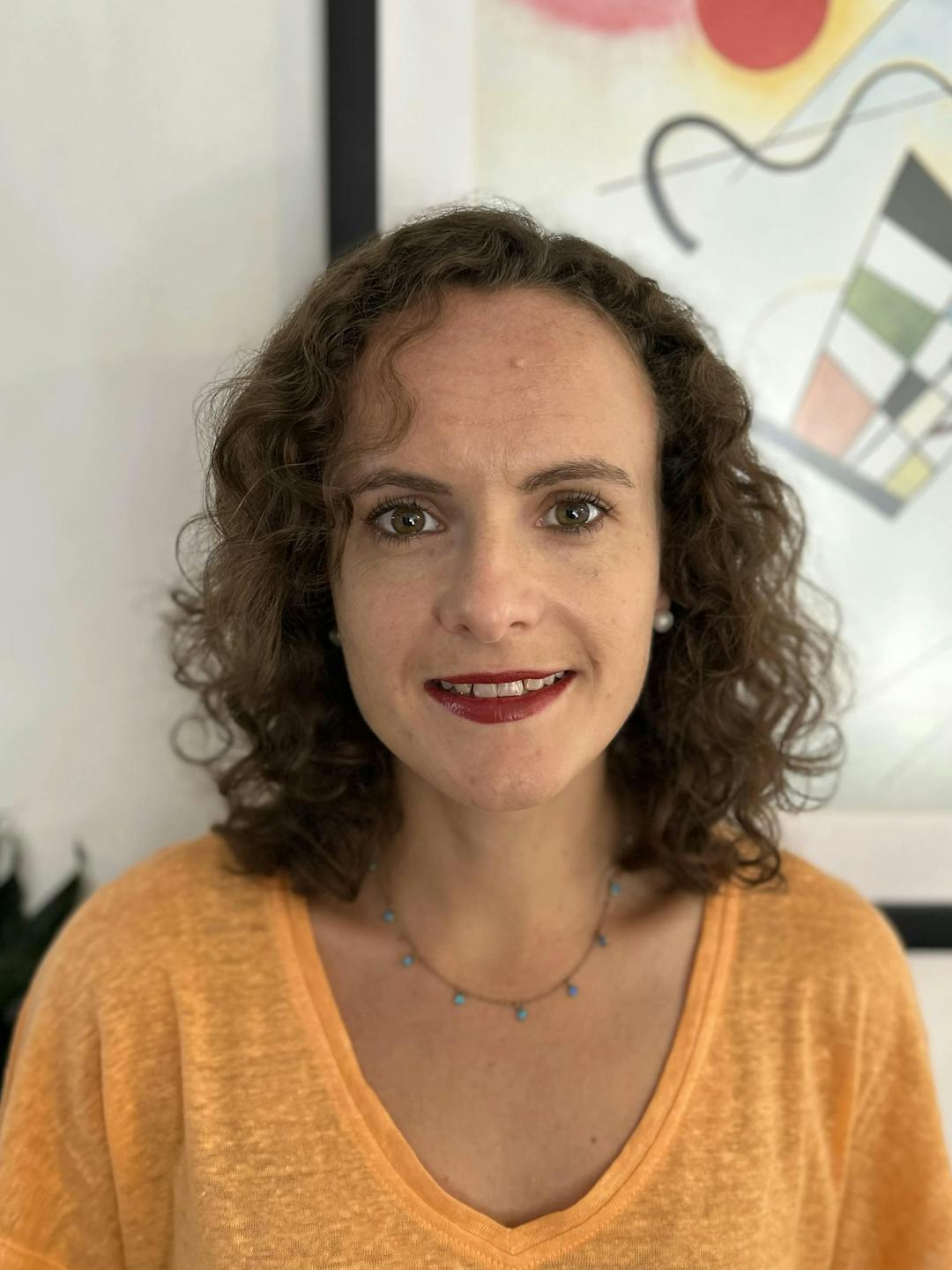Engaging Parents in Early Literacy Programs
The Big Problem
Many of us remember learning how to read. The moment letters on a page suddenly carried meaning, the thrill of sounding out a word for the first time, and the pride of recognizing our own name in print. These breakthroughs mark the transition from listening and speaking to being able to explore knowledge independently—an essential shift in a child’s development.
But for millions of children worldwide, those milestones arrive too late, or not at all. It’s currently estimated that 37% of children—more than 300 million—will not have basic reading proficiency by 2030.1 No alphabet, no phonetics, and crucially, no foundation for the rest of their education. The world, therefore, is far from achieving the United Nations’ Sustainable Development Goal 4 by the same year: ensuring that all girls and boys have access to quality early childhood development, care, and pre-primary education.2
The blame is being firmly placed on governments and multinational organizations for underfunding pre-primary education.3 And quite rightly so; only 1.2% of the global education aid budget goes to early childhood education programs. Yet there’s another, less spoken-about issue that also requires attention: literacy at home and engaging parents in their children’s early learning. Evidence clearly demonstrates that parental and caregiver engagement in early literacy enhances children's learning outcomes, yet structural, economic, and behavioral barriers often stand in the way. For educators, policymakers, and community support workers, understanding these barriers and how they affect decision-making around engagement in early literacy programs is essential for enhancing children’s first experiences with the world of words.
About the Author
Dr. Lauren Braithwaite
Dr. Lauren Braithwaite is a Social and Behaviour Change Design and Partnerships consultant working in the international development sector. Lauren has worked with education programmes in Afghanistan, Australia, Mexico, and Rwanda, and from 2017–2019 she was Artistic Director of the Afghan Women’s Orchestra. Lauren earned her PhD in Education and MSc in Musicology from the University of Oxford, and her BA in Music from the University of Cambridge. When she’s not putting pen to paper, Lauren enjoys running marathons and spending time with her two dogs.















